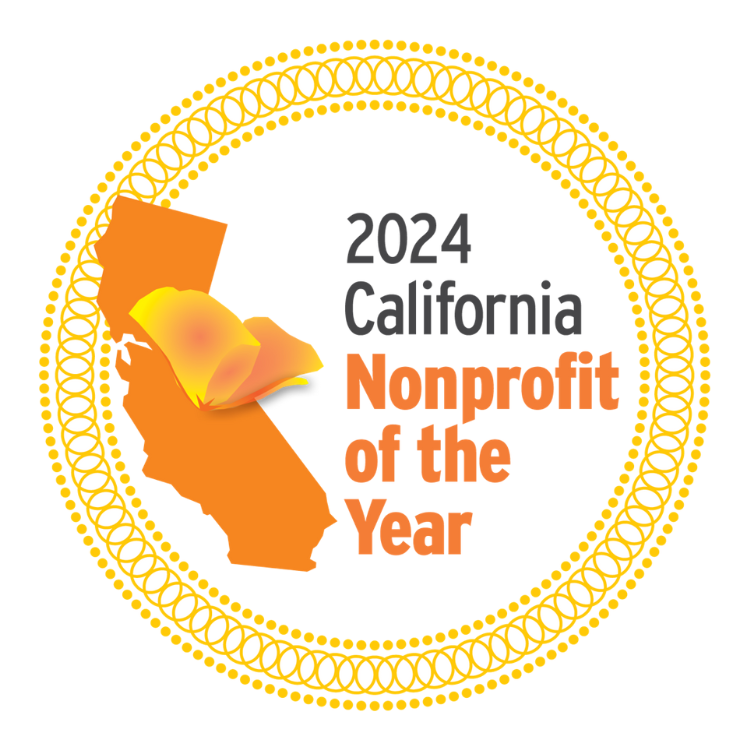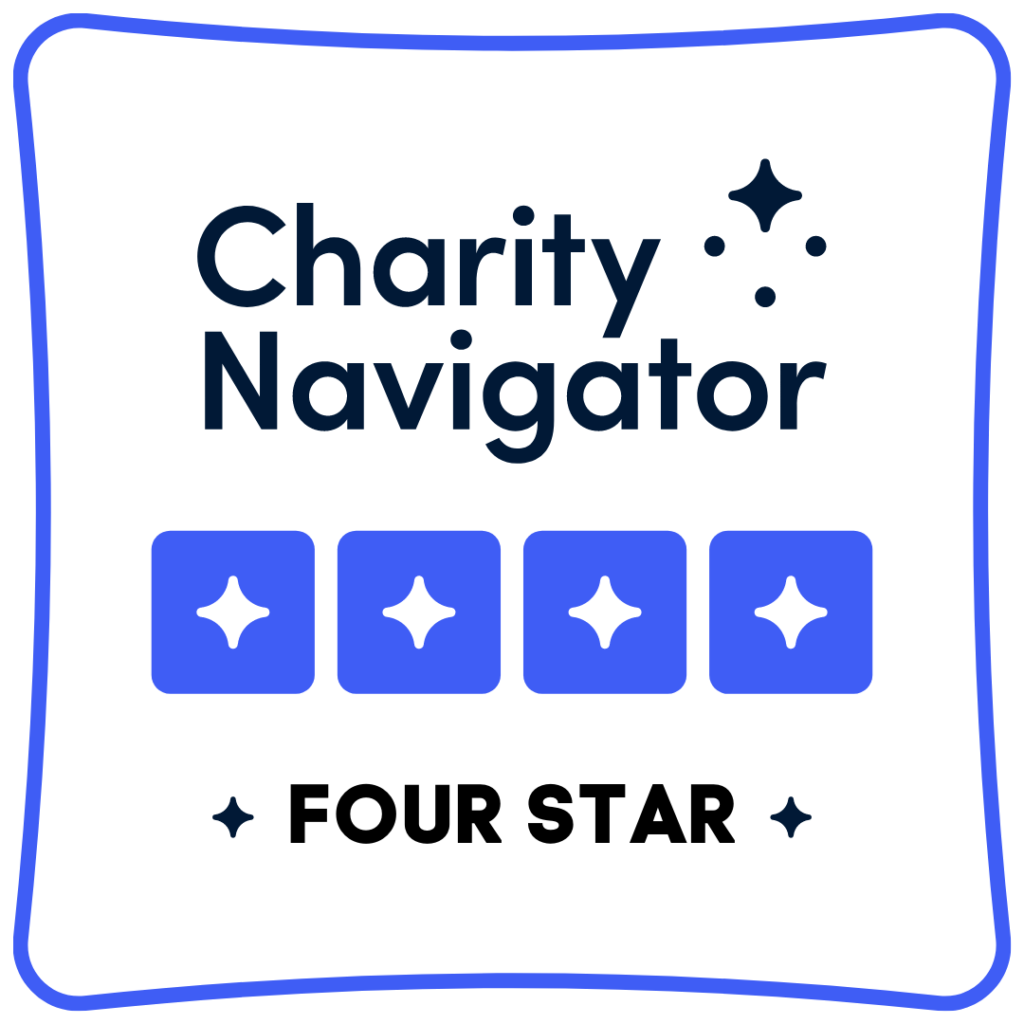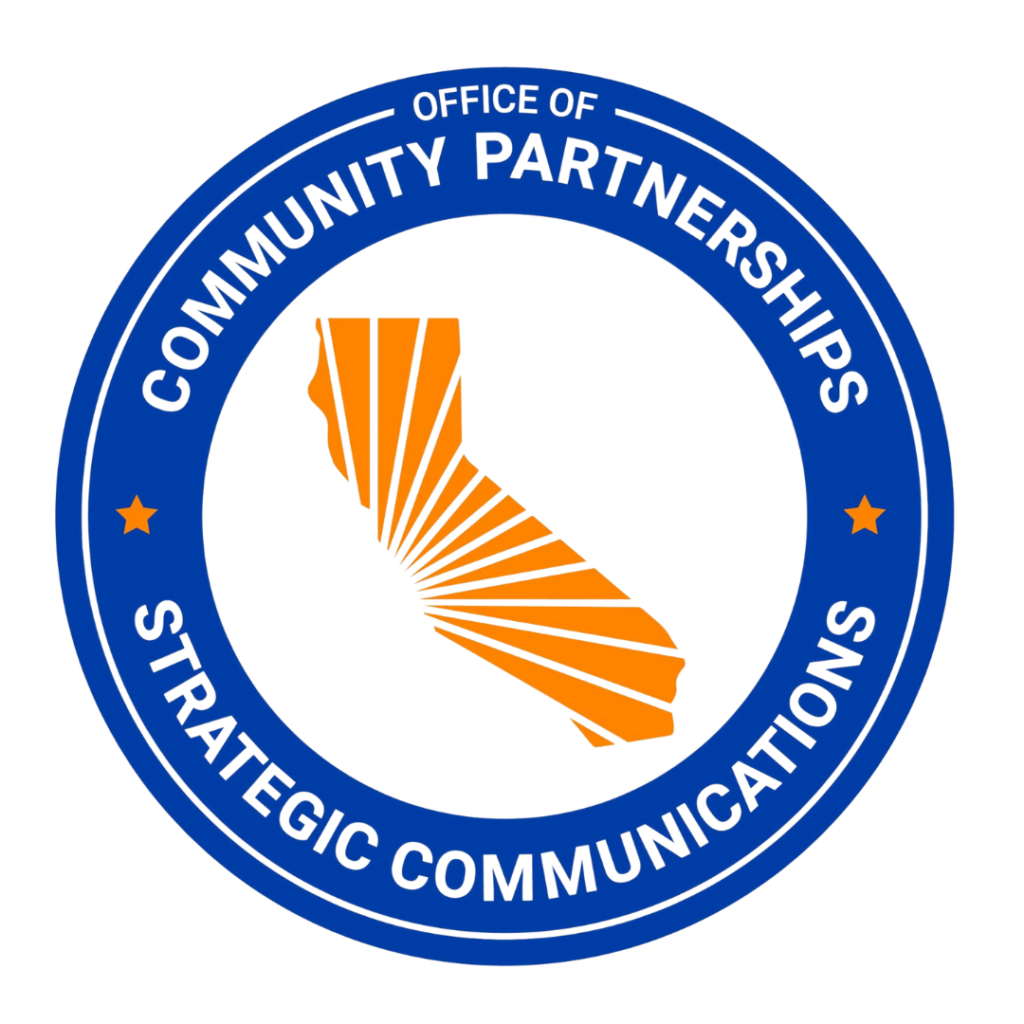By Hannah Del Barto
When I first landed my internship for the restoration program at Coastkeeper, my intention was to get lots of hands-on experience – helping at the Coastkeeper garden, building oyster beds, and doing beach clean ups.
Unfortunately, most of my internship was done remotely due to COVID-19. Instead, I spent most of my time attending meetings, watching live streams and webinars, and doing research. I still learned a lot as I:
- Assisted with researching potential grant opportunities and oyster shell recycling legislation around the United States to further expand Coastkeeper’s oyster restoration projects
- Researched ocean acidification
- Created a flyer and edited a blog for our living shorelines project
- Attended a virtual MPA Watch training
- Researched laws and bills regarding beachfront property issues in Newport Beach
Learning to Fight Poseidon
Coastkeeper has been fighting against Poseidon’s Huntington Beach desalination plant proposal for years and the team taught me that the plant would have detrimental effects on our climate, economy and oceans.
I’ve learned that our current water recycling system in Orange County produces twice as much water as Poseidon’s proposed plant for a fraction of the cost. Not only would the plant produce less water, but it would make water very expensive for consumers and would be the most energy intensive way to produce fresh water. The most damaging effect is that the pipes for the plant would suck up tons of marine life that play an important role in the ecosystem.
Listening to the countless community members speak up about their opposing views towards the desalination plant really moved me. The fact that all of these people took time out of their day to speak out against something that they passionately believe is wrong, in hopes to make change, is quite inspiring.
My take-away from this is that there is a great power in the voice of people who come together. I now understand that I have a say in the environmental decisions that my city makes.
Learning in the Field
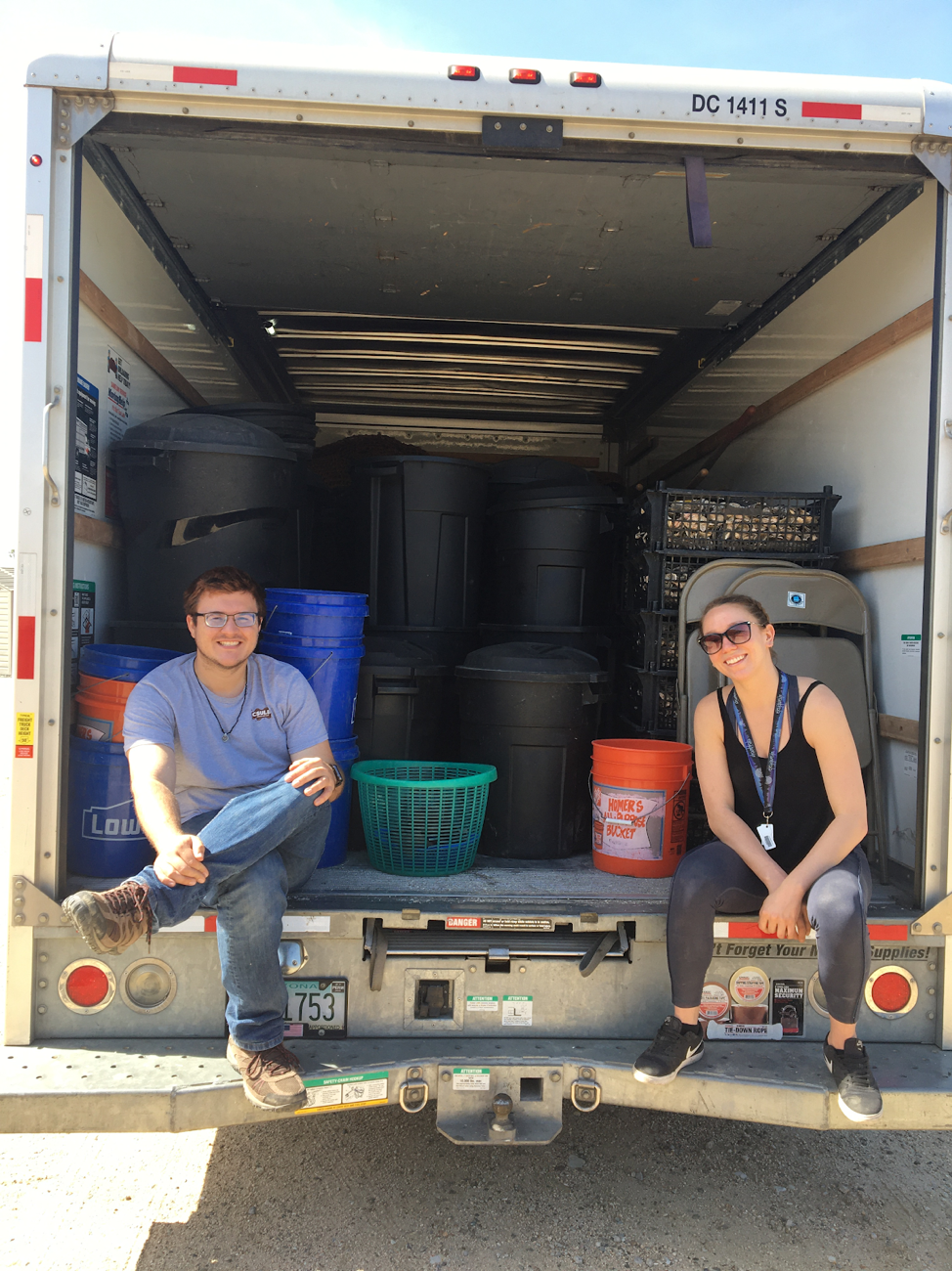 Although I was a little bummed that I couldn’t do all the hands-on work that I initially expected to be a part of the majority of my internship, I was able to get in-person field work approved just in time to participate in Coastkeeper’s annual eelgrass surveys!
Although I was a little bummed that I couldn’t do all the hands-on work that I initially expected to be a part of the majority of my internship, I was able to get in-person field work approved just in time to participate in Coastkeeper’s annual eelgrass surveys!
During this time, I worked as a boat hand – assisting with cleaning supplies, handing the divers their gear when they were in the water, collecting bags of eelgrass into buckets, taking photos, and looking out for incoming boats, kayakers, paddleboarders, etc. – all while the divers were under water.
Reading a report on the results of a scientific experiment is one thing, but actually watching the data being taken and helping the scientists with whatever they needed was a super cool experience. Now I can say that I understand how a marine restoration project goes down!
A Lifelong Inspiration for Conservation
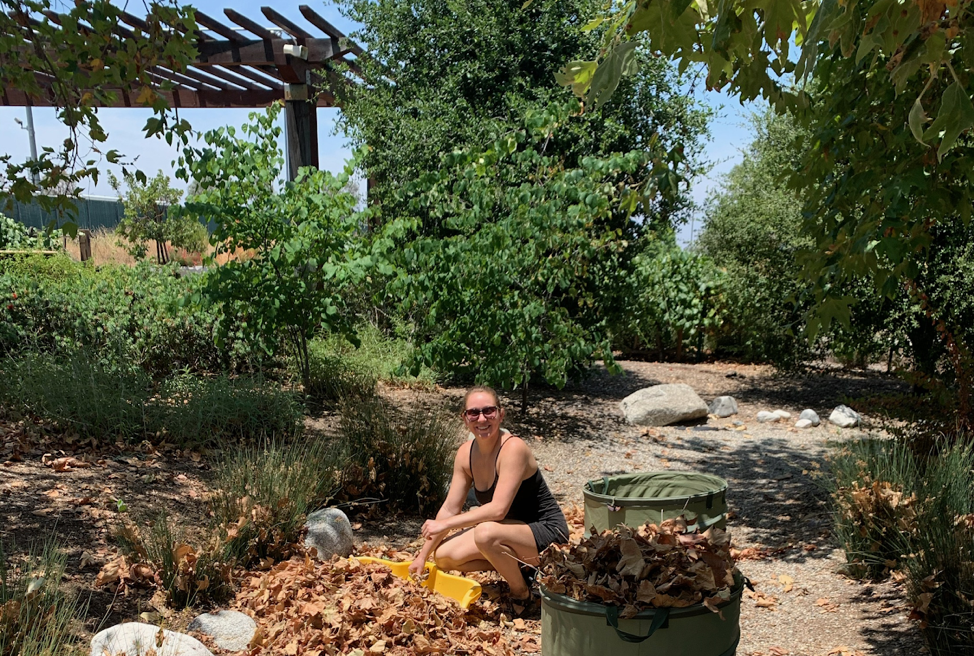
The main highlight of my internship has been learning about the roles that oysters and eelgrass play in the ecosystem, our water quality, and shoreline stability. It is a subject that I have never really considered and did not have any prior knowledge about.
I have discovered a secret passion for restoration, conservation, and volunteer work thanks to Coastkeeper.
Although this internship was for marine restoration and my field of study is public health, I have learned that the two subjects are directly related. After exploring how the conditions of our environment affects the health of humans, I realized that I want to go back to school to pursue a Masters of Environmental Health at San Diego State University.
This internship prepared me for a better career in the future because it opened up my eyes to so many possibilities and opportunities to better the environment, which has always been a priority and life-long goal of mine.

